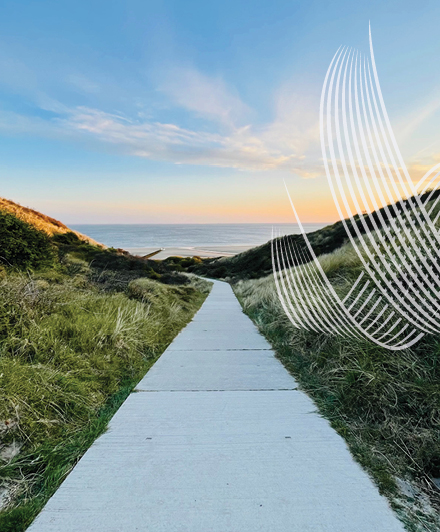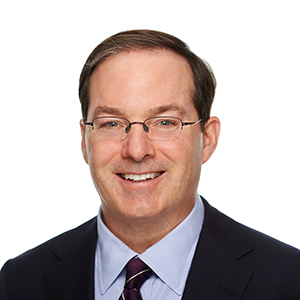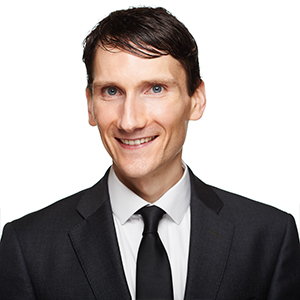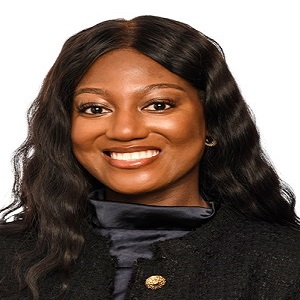I recently spent time in London with Aidan Corcoran and Bola Okunade. This was my second visit to the United Kingdom since COVID, and I left decidedly more cautious on the global economy, Europe and Great Britain in particular. Fueling my conservatism about growth were a series of meetings we hosted with leading macro professionals, policy makers, investors, and business executives. The consistent messaging we heard in every meeting centered on three areas: 1) the unfortunate and potentially permanent reality of Russia’s invasion of Ukraine; 2) surging inflationary pressures that are now at the highest level since the days of Margaret Thatcher; and 3) waning consumer sentiment, particularly at the low end, as both savings and daily wages feel inadequate on a real basis.
In terms of 'key' thoughts from the road, Aidan, Bola, and I note the following for investors to consider:
- Growth in Europe will slow more than many think by the fall, we believe
- Consistent with this more conservative view, we are again raising our inflation forecast and bond yield targets, which continue to be materially above consensus
- At the same time, we are lowering our GDP growth forecasts to reflect tightening financial conditions against weaker consumer demand
- We soon expect corporate profits to lag nominal GDP, as margins begin to compress. This new reality will surprise many, we believe, by the fourth quarter of this year
- Low income consumers face a much tougher road ahead than the average consumer, though nine percent inflation adversely affects everyone
- Many of KKR's key structural themes are intact, or even strengthened by the current environment. The mega themes coming out of our trip are pricing power, decarbonization, and the security of everything
From an asset allocation perspective, we left with several observations. Credit feels cheaper than Equities, and Public Equities appear more attractive than peer-to-peer Private Equity deals, in our view. As such, we expect more public to private transactions as well as more corporate carve-outs as well as de-leveragings that will likely require capital solutions to avoid ratings downgrades. We also expect to see European champions raise capital to play offense during this heightened period of uncertainty.
Overall, we view the current backdrop quite differently than the COVID-induced dislocation that we saw in 2020. At that time, we suggested leaning quickly into the dislocation. Today, we believe a more balanced and measured approach is required. Don’t get me wrong. We spent time with a variety of interesting opportunities where CEOs across Real Estate, Infrastructure, Credit, and Private Equity all need capital. Rather, what is different today is that almost everyone in the investment community is fighting headwinds from global central banks as they drain liquidity from the system in an attempt to dampen inflation as well as to cool the employment and the commodity markets. This tightening of financial conditions is also occurring against a backdrop of heightened geopolitical tensions and a tight housing supply. Said differently, we are seeing more of a supply shock versus the more traditional demand shock that creates temporary inflation. Not surprisingly, we remain of the view that we are seeing A Different Kind of Recovery, one that requires an increased weighting to stories with pricing power, collateral based cash flows, and high cash flow conversion.



